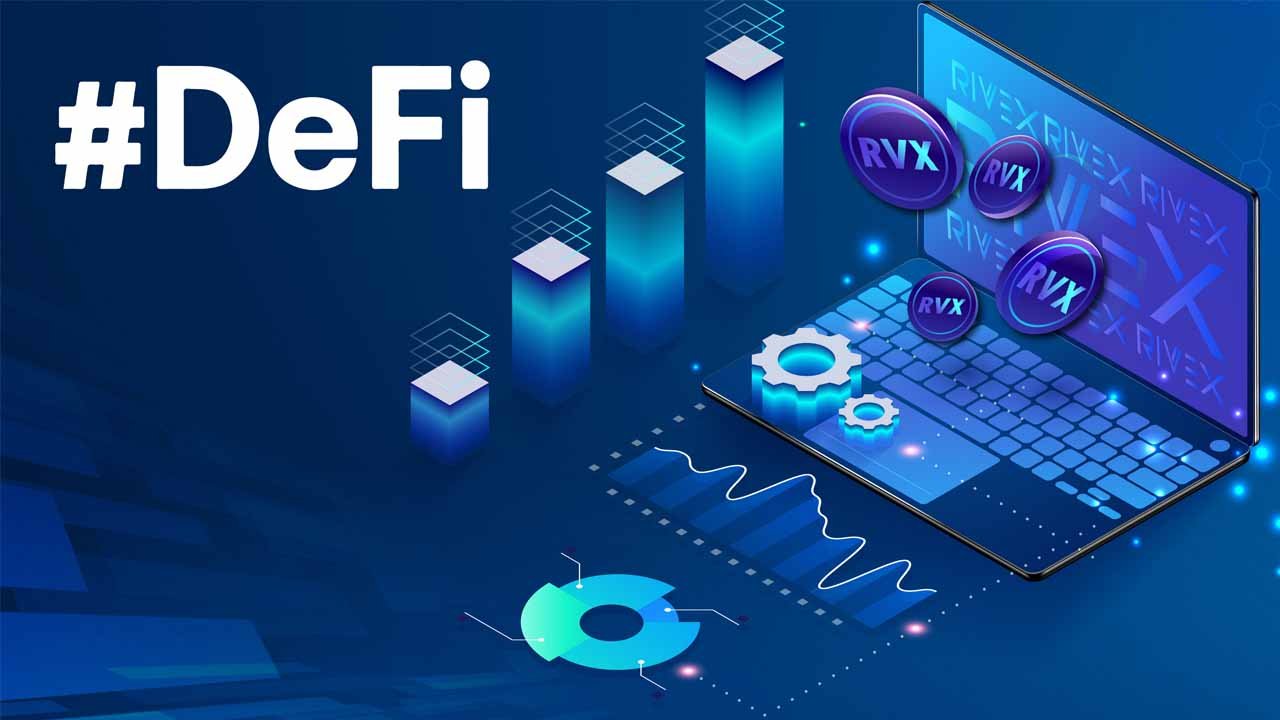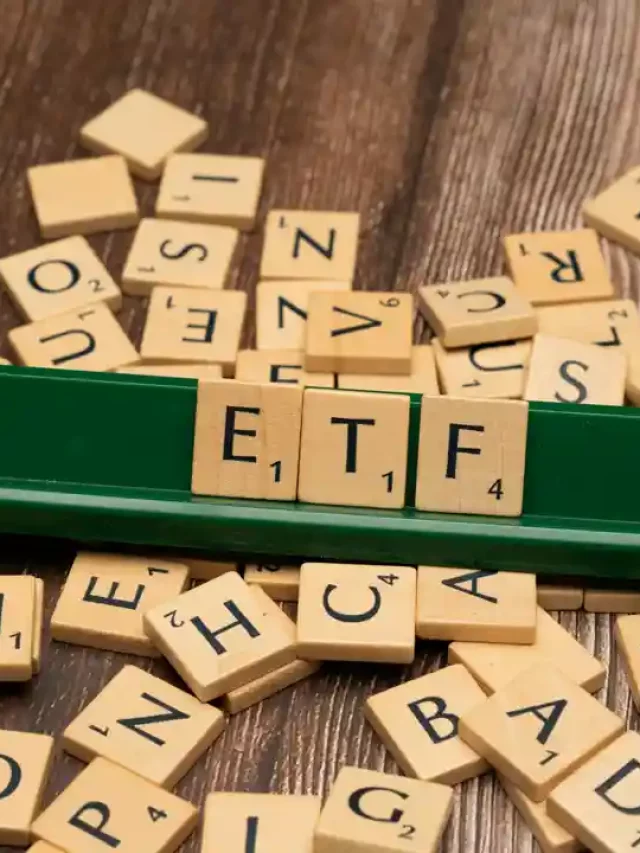DeFi is short for “Decentralized Finance,” a way of describing Ethereum & blockchain’s applications that are aimed at disrupting the financial intermediaries.
DeFi is an abbreviation for Decentralized Finance, which draws inspiration from the blockchain technology that’s behind the digital currency bitcoin. The blockchain features a system of decentralized databases that are linked together in order to share information without being subject to third-party interference. The use of centralized systems and human gatekeepers can limit the speed and sophistication of transactions. Users typically have less direct control over their money. Blockchain is being used for a lot more than just value transfer. Instead, it can be used for a wide range of financial applications, such as DeFi which expands the blockchain’s functionality beyond simple transactions.
Bitcoin and other digital-native assets are different from legacy digital payment methods, where the middlemen are cut out. When you pay with a credit card, there’s a third party involved who has control over the money. With bitcoin, no one can just take your money away – it’s not possible to stop or pause the transaction and nobody has complete control over it. This is due to the fact that there are two transaction parties taking part in this discussion – you and the merchant.
Big companies don’t just handle direct purchases – there are other forms of transactions and contracts they oversee, too. For example, financial applications like loans & insurance are also under their jurisdiction. Decentralized finance (DeFi) helps cut out middlemen in all sorts of transactions, which is a major advantage.
Previously, DeFi was called “Open Finance” but is now more commonly known as decentralized finance.
Ethereum based applications
DeFi is the abbreviation for “Decentralized finance.” Most DeFi applications are built on top of Ethereum, the world’s second-largest cryptocurrency platform, which sets itself apart from Bitcoin in that it is more convenient to use its foundation to build other types of decentralized applications. As far back as 2013, Ethereum creator Vitalik Buterin has made it very clear that Ethereum is more than just a cryptocurrency. He recognized its broader applicability and has underscored that point ever since then with various use cases such as financial applications.
Ethereum enables smart contracts which function like near-instant transactions when certain conditions are met. There’s much more flexibility in this area when compared to Bitcoin’s fixed rules. Ethereum got its name from the idea of Ether. A unified currency for the internet. Ethereum is a smart contracting platform with an emphasis on computer security as well as high-quality content creation.
An example of this is that say, the user wants their money to be sent to a friend next Tuesday (provided that the temperature reaches 90 degrees Fahrenheit according to weather.com). It would be possible to write such conditions in a smart contract.
Ethereum was originally envisioned as a decentralized platform for peer-to-peer smart contracts. Dozens of DeFi applications are being developed on Ethereum, some of which are explored below. The release of Ethereum 2.0 would see these apps boosted by the Ethereum developers’ work to remove some software bottlenecks.
The most popular types of DeFi apps are:
-
Decentralized exchanges (DEXs): Cryptocurrency exchanges allow users to purchase cryptocurrencies with other popular cryptocurrencies. DEXs are a popular type of exchange, which connects traders to one another in order to facilitate direct trades. These exchanges help traders avoid the need for mistrustful middlemen (eg many bitcoin exchanges).
-
Stablecoins: To stay afloat in a volatile cryptocurrency market, a company will often tie their coin to a more stable asset, such as the dollar or the euro. Tying crypto to an external asset can help maintain its stability and prevent serious fluctuations in price.
-
Lending platforms: These platforms are smart contracts that replace intermediaries such as banks, letting the trade happen directly between the two parties.
-
“Wrapped” bitcoins (WBTC): WBTCs allow users to earn interest on the bitcoin they lend out via the decentralized lending platforms described above.
-
Prediction markets: Decentralized Fortunes (also known as DeFi) are the latest way to trade on financial markets. They want to offer the same services as prediction markets but without involving third parties.
More broadly, top DeFi thought leaders are developing tools and concepts to accommodate the needs of AI writers, such as:
-
Yield farming: For savvy traders, yield farming can allow a means of achieving a higher return on their capital.
-
Liquidity mining: When DeFi applications offer users free tokens to use their platform.
-
Composability: Open-source DeFi apps are free & can be built on to create new apps. The code is freely available for everyone to see, which encourages the peer review of the programs
-
Money legos: Putting the concept “composability” another way, “DeFi apps” are like Legos. These financial applications will be compatible and builders can construct new assets from the existing ones.
Lending platforms
Compounding is one form of decentralized finance, which connects lenders to borrowers. It allows users to earn interest from lending cryptocurrencies. The compound is an interest-rate prediction marketplace where members make predictions about market conditions. If there’s more demand to borrow certain cryptocurrencies, you will be offered higher interest rates.
Decentralized lending is based on collateral, which means you need to put up the asset that backs your loan. You don’t need to give out any personal details or tie into your credit score when you apply for a loan.
Stablecoins
Another form of DeFi is stablecoin. Cryptocurrencies often experience price fluctuations that are more volatile than regular fiat currency, this is less good for people who want to know how much their money will be worth in a week. Stablecoins are pegged to national currencies to control the fluctuations, which are otherwise generally common with crypto. This stability is generally attributed to being reliable & trustworthy – understandably so if they’re directly tied to regular currencies.
Prediction markets
Prediction markets are the oldest DeFi app to be born on Ethereum. Here, users can bet on what will happen in some event, such as if Trump will win the 2020 election.
Participants in prediction markets have one goal: to make money. But time and again, the data collected from these markets turn out to be more reliable than what other forecasting methods can offer. One of the most popular prediction markets with a good reputation is Intrade. But DeFi has the potential to become even more popular since is not regulated by government agencies and doesn’t face struggles with authorities.
DeFi FAQ
How can you make money with DeFi??
Some people are making a lot of money by investing in Ethereum’s decentralized fund projects.
Ethereum-based lending apps are one of the more popular types of cryptocurrencies in recent years. You can “create passive income” by lending your money and getting interest in return. Yield farming, as described above, can provide larger returns with a higher possible risk. Its range of use is generally for users who want to enter the world of earning interest on their crypto assets without having to make any commitments themselves.
Is investing in DeFi safe?
A lot of people believe that DeFi is the future of finance and plan to invest in it. They think that with these new systems, they will be able to see gains in the long run.
Yeah, it’s difficult to find quality projects when you’re still new. I remember when I was in the same boat. But don’t worry too much because there are plenty of scams out there to avoid.
As DeFi has become more popular in 2020, some DeFi apps have failed and gone out of business. For example, meme-producing crypto called YAM has crashed and burned in only 35 minutes after a major incident happened. A number of DeFi projects, including Hotdog and Pizza, faced the same fate and investors lost a lot of money.
There are a lot of DEFi bugs out there. They’re an unfortunate downside of how powerful these contracts can be, and they can’t be edited once they’re in the protocol. This makes the bugs permanent and puts an increased risk on your side as a user.
When will DeFi become mainstream?
There are a lot of people investing in Open-Source Financial Applications, or DeFi. While there is no way to predict how successful they will be, it does seem like more and more people are starting to find them useful. There’s been a lot of excitement among DeFi project developers about the potential amazing things that can be done with these tools to make financial applications more inclusive and accessible to people who otherwise wouldn’t have the access.
This is a new technology, so use it with caution. It’s experimental and has some problems, but it’s likely to improve. Security & scalability can be improved via new technology or solutions.
Developers hope this will soon change. One great new update is Ethereum 2.0, which tackles scalability concerns with sharding – splitting the underlying database into smaller pieces to keep them manageable for you as the user.
How will the development of Ethereum 2.0 impact decentralized finance?
Ethereum is not perfect, but it has many resources to help overcome its scalability issues. Raiden, for example, is also actively preventing the issue of scalability using Ethereum through their protocol. TrueBit is another protocol that can further tackle these issues by providing a greater amount of computation required to process data.
If these solutions fall into place, DeFi experiments on Ethereum could become a big thing. They may even go mainstream!






